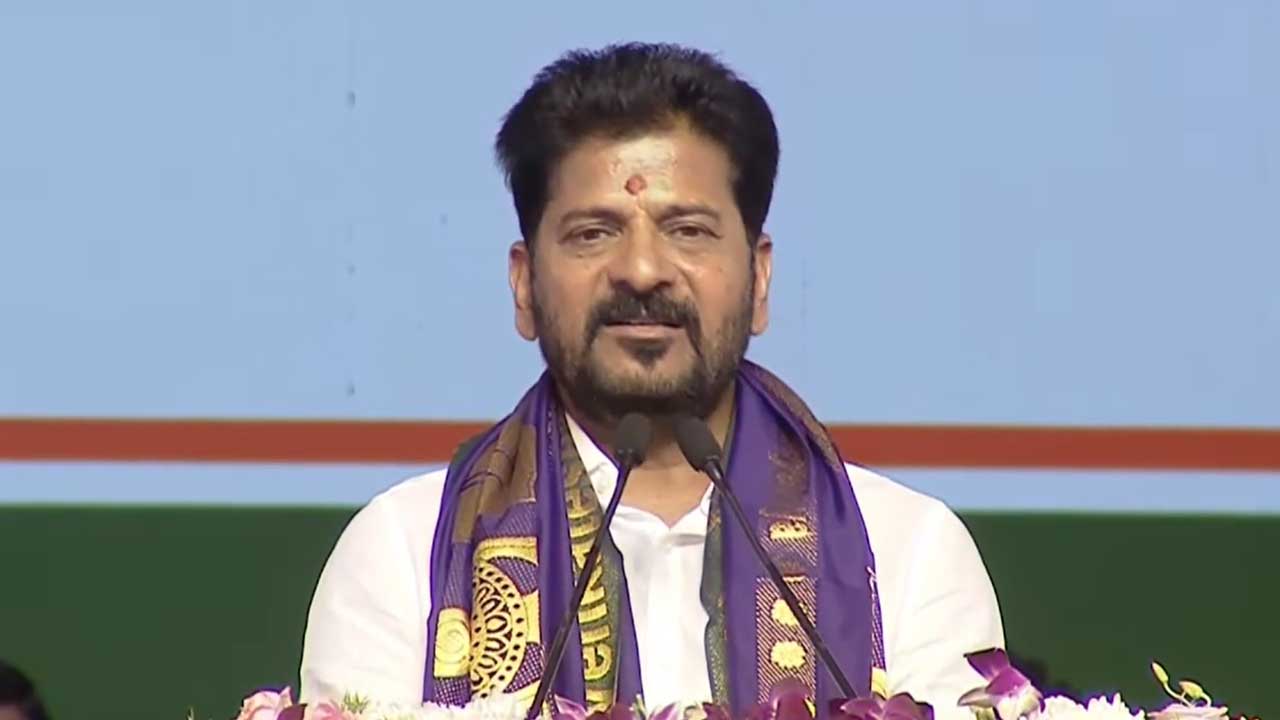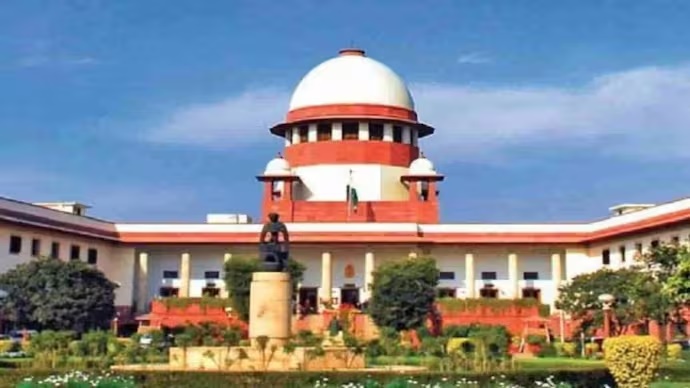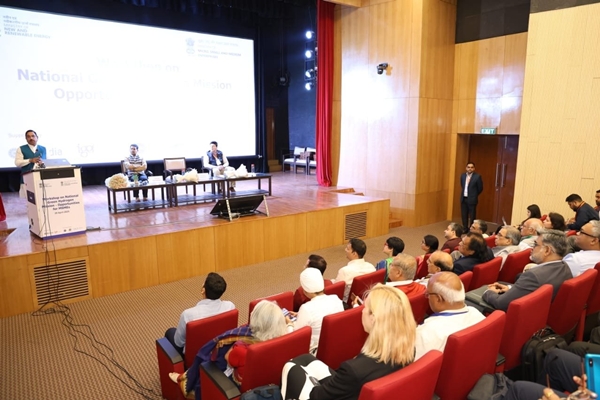Telangana HC says it will not bail out tenants who default on rent
Wed 21 Feb 2024, 10:34:29

The Telangana High Court on Tuesday said that the question of infraction of Article 300A of the Constitution — that states no person shall be deprived of property — does not arise in cases where a tenant wants to continue in a leased property without paying rent. The division bench of Chief Justice Alok Aradhe and Justice Jukanti Anil Kumar said that writ courts could not come to the rescue of defaulting tenants, and that such disputes could not be resolved through a writ petition, as per Article 226 of the Constitution of India.
The bench was dealing with an appeal filed by the Women Entrepreneur Association for MSME Development (WEAD), represented by its president B.V.V. Lakshmi and director Dooda Suresh Kumar, who challenged a single judge order dismissing their petition seeking to direct authorities to redeliver their rented property at Chenetha Bhavan in Nampally, despite rental charges for 10 years being due. Counsel for WEAD said the company entered into an agreement with the Telangana State Textiles Complex Cooperative Society in 2011 to hire its cellar portion of 11,880 square feet in Chenetha Bhavan for three years. Later, 2,689 square feet were reduced and the total area came to 9,200 square feet.
On account of a dispute over the area occupied by WEAD, the appellants did not pay
rent from January 2012 to September 2022, to which the Telangana Textiles Cooperative Society issued notices seeking payment of `49,78,810. With no response to the notices, the society took back control of its premises, following which WEAD lodged a police complaint alleging they were forcibly evicted and their lock broken, with all valuables taken by the society, without prior intimation.
rent from January 2012 to September 2022, to which the Telangana Textiles Cooperative Society issued notices seeking payment of `49,78,810. With no response to the notices, the society took back control of its premises, following which WEAD lodged a police complaint alleging they were forcibly evicted and their lock broken, with all valuables taken by the society, without prior intimation.
The police did not register an FIR, but instead booked the complainants on charges of threatening the authorities of the textile society. Following the development, the tenants filed a writ petition, which was dismissed by the single judge, who suggested the petitioners approach the rental court for an alternative remedy, as it was the primary forum to deal with lease and rent arrear disputes. However, the petitioners decided to appeal the single-judge order.
On Tuesday, the division bench faulted the claim of the tenants and questioned how the tenants, notwithstanding the written agreement for three years of lease, continued for 10 more years. “The conduct of the tenants in not making payment of rent to the society, which is a public body, disentitles them to any discretionary relief under Article 226 of the Constitution of India,” the court observed.
No Comments For This Post, Be first to write a Comment.
Most viewed from Hyderabad
Most viewed from World
AIMIM News
Latest Urdu News
Most Viewed
May 26, 2020
Which Cricket team will win the IPL 2025 trophy?
Latest Videos View All
Like Us
Home
About Us
Advertise With Us
All Polls
Epaper Archives
Privacy Policy
Contact Us
Download Etemaad App
© 2025 Etemaad Daily News, All Rights Reserved.

.jpg)
.jpg)
.jpg)
.jpg)
.jpg)
.jpg)
.jpg)
.jpg)




.jpg)
.jpg)
.jpg)
.jpg)
.jpg)
.jpg)
.jpg)
.jpg)





















